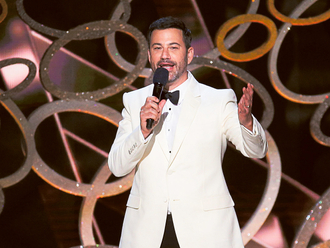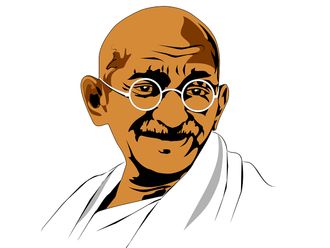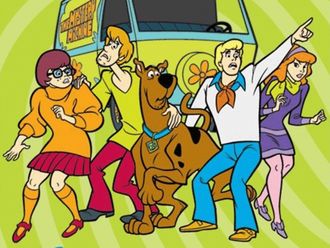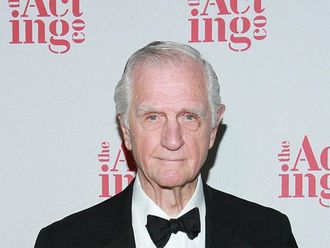For its third original dramatic series, the US TV network AMC has chosen to re-imagine — as a six-episode miniseries — Patrick McGoohan's 1967 British spy-fi show The Prisoner. (It first aired in 1968.)
I don't know whether the decision to have the series done within three nights is an official acknowledgment that it might be difficult holding on to an audience over six weeks, but I do think that would be the case.
In the original, a cult classic so revered that remaking it would seem the very definition of imprudent, McGoohan played a spy who resigned his job and awoke in a fanciful metaphor for the English class system called the Village, where — as in the theme song to his previous series, Secret Agent — they'd given him a number and taken away his name.
Each week a new No 2 unsuccessfully tried to pry from McGoohan's No 6 the reason for his resignation, and most weeks No 6 tried unsuccessfully to escape the Village or to bring down the system. Broadly speaking, it was a paean to the individual and the idea that even when resistance is futile, resisting is not. "I will not be pushed, filed, stamped, indexed, briefed, debriefed or numbered," said McGoohan's No 6, pretty much summing up the mood of the times.
"My life is my own."
The new No 6 — just "Six", here — is played by James Caviezel. He is not a spy but a person whose job involves surveillance, and having resigned that job he, too, awakens in a strange place, the middle of the desert, where he meets a dying man dressed in McGoohan's old jacket.
Middle of nowhere
Eventually he makes his way to the Village, a small town literally in the middle of nowhere, where people live behind picket fences, all the cars are old-fashioned, psychoanalysis is still called "the talking cure" and almost everyone loves their leader, Two (Ian McKellen).
But just why Six is there, and why he can't leave — although the story keeps us rocketing between the Village and New York in simultaneously developing parallel threads — or why anyone, on either side of the screen, should be particularly interested in his fate, is never made clear nor compelling. Neither as written nor as played does the character ever seem solid enough, to root for or worry over.
Where the original series was a kind of science-fiction twist on the then-ubiquitous spy story, the new one is all about the sci-fi — The Matrix, Life on Mars, The Truman Show, (I could go on) have gone to similar places.
It serves up a handful of old tropes in a broth of mystification salted with references to the original series: a penny farthing bicycle, a lava lamp, the scene where Six goes to buy a map at the Village shop to find that, whatever their size, all maps are local; the official Village farewell ("Be seeing you") and the odd replayed concept, such as when Six meets his doppelganger in the episode called Schizoid (after the original's Schizoid Man). (And I am pretty sure that the dead tree beside which Six finds himself at the beginning is the same one where Beckett's tramps waited for Godot.)
Just why we're here is held back almost until the end — although a single shot halfway through pretty much gives away the "what" if not the "how" or "why" of it — and not particularly coherent even then.
The only substantive questions the show raises, whether it is better to be let alone than compelled to join the group — whether unhappy freedom is better than contented bondage — also come very late in the game. The answer here, which would not have been McGoohan's, seems to be "Possibly not".












